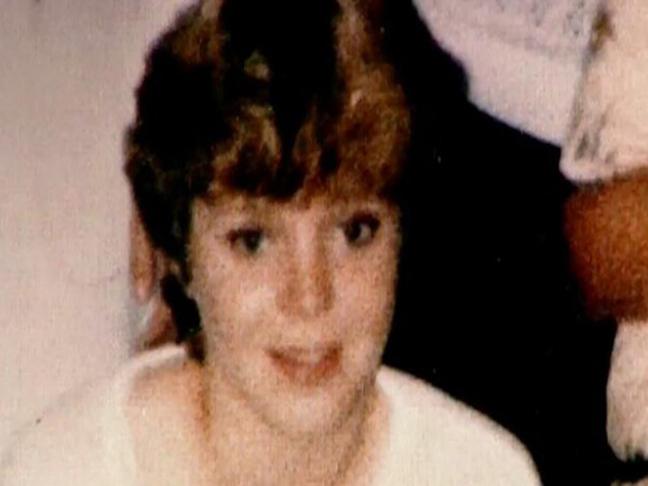
Procedures
July 1, 2016
Vindicated
July 3, 2016by Satish Sekar © Satish Sekar (April 23rd 2011)
The Mark of the Killer
Dutch forensic scientist Richard Eikelenboom likes information. He conducted several scientific investigations in the Nienke Kleiss Inquiry looking for the DNA of the perpetrator. He knew that it would be complicated as there were two victims, Kleiss and her friend Maikel Willebrand. The body and crime-scene had been handled badly. Nevertheless, Eikelenboom struck partial gold. He found DNA that did not belong to either victim, and its location indicated that it had been shed by the perpetrator. It should have made a miscarriage of justice impossible, but sadly, it didn’t.
“The officers were not interested in his DNA”, Eikelenboom said. “We found DNA on her shoulder of an unknown person and on the left boot of the victim”.
It was also on her belly and on the lace used to strangle her. This was interesting.
Source level reporting means the scientist compares profiles obtained from items and reference samples. However, at source level, the expert is only concerned with whether there is a match to someone or not. Due to the small quantity of DNA that had possibly been deposited by the perpetrator, the evidence was not very strong at that level. Nevertheless, the question of how the DNA results that were obtained (the activity level) had got there in this case made it very interesting.
A Scandalous Inconvenience
The DNA results regarding her fingernails were perhaps the most important, indicating that she had scratched her killer. “Like with the fingernails, we got a match with two victims and unknown source”, Eikelenboom said. “The unknown source does not match with [Kees] Borsboom, but could be coming from the perpetrator. According to Maikel’s account, she was playing in the water just before she was killed and that means that if there was DNA on top of her fingernails for a while, that would probably have been washed away by playing in the water. Therefore, it’s more likely it would have been deposited by the perpetrator and Maikel also described to police that the perpetrator was scratched by Nienke, so it is more likely that it was the DNA of the perpetrator than somebody else. We had his profile, but couldn’t match it up with someone, but also we couldn’t match it with Borsboom”.
This also proves that reports on the activity levels must be written up and disclosed too. How did the DNA get there? If those reports had been written and disclosed, an implausible hypothesis could have been exposed then. The alleles that had not been deposited by Kleiss or Willebrand were very inconvenient to the prosecution case. They were mentioned in part, but in such a way that the real significance could not have been realised by anyone who did not already know of the missing results. That is outrageous.
Outrageous
In court Ate Klosterman gave a fanciful explanation of the inconvenient DNA evidence – one he must have known did not explain it in its entirety. Kloosterman came up with a weird hypothesis that the alleles on her shoe and fingernail had been deposited by a child at her school. The evidence about the same alleles having been deposited on the boot-lace that had been used to strangle her and on her bare shoulder and belly too was not included in the report disclosed to the court by Kloosterman.
The judges and defence had no idea about it. If they had known of all the locations that those alleles had been deposited in, they would have known that Kloosterman’s explanation did not explain all of the results and that it was far more likely that this must have been deposited by the killer. Kloosterman must have known that his explanation regarding the children as the source was at best highly unlikely and that he would have faced a torrid time giving evidence about it if the court had known about the location of the other DNA results that Kloosterman had not included his report.


